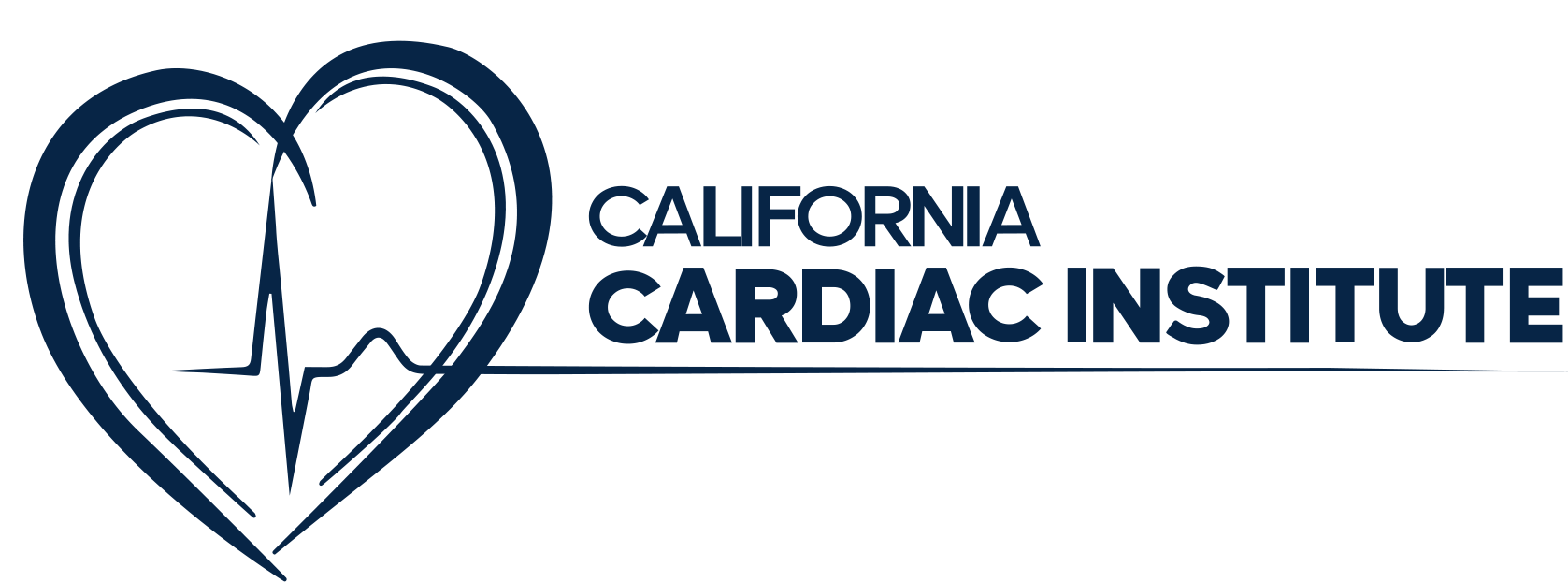Atrial fibrillation is a common heart rhythm disorder where your heartbeat becomes irregular, often racing or fluttering. At California Cardiac Institute, we guide you in recognizing these symptoms early because timely intervention can protect your long-term heart health.
What is Atrial Fibrillation?
Atrial fibrillation, often called AFib, is a condition where your heart’s upper chambers (atria) beat irregularly and out of sync with the lower chambers (ventricles). This disrupts the heart’s normal rhythm and can cause symptoms like palpitations, weakness, or chest discomfort. Because the heart isn’t pumping blood efficiently, AFib increases your risk of blood clots, stroke, and heart failure if left untreated. At California Cardiac Institute, our physicians use advanced diagnostics and preventive strategies to identify AFib early and create personalized treatment plans.

Signs & Symptoms of Atrial Fibrillation:
- Feeling of a rapid, fluttering, or pounding heartbeat (palpitations)
- Shortness of breath, especially during exertion or rest
- Fatigue or reduced ability to exercise
- Dizziness or feeling lightheaded
- Chest pain or discomfort
- Weakness or lack of energy
- Confusion or difficulty concentrating
- Episodes that come and go, or a persistent irregular heartbeat
What Causes Atrial Fibrillation?
Atrial fibrillation occurs when the electrical signals in your heart’s upper chambers (atria) become chaotic, causing the atria to quiver instead of contracting effectively. This irregular activity prevents the heart from pumping blood efficiently, which can lead to symptoms like palpitations, weakness, and dizziness. While AFib may sometimes happen without an obvious trigger, certain conditions and lifestyle factors can greatly increase your risk, including:
- High blood pressure (hypertension)
- Coronary artery disease or prior heart attack
- Heart valve disease
- Congestive heart failure
- Overactive thyroid or other metabolic disorders
- Sleep apnea
- Excessive alcohol or stimulant use
- Obesity and a sedentary lifestyle
- Advancing age and family history of AFib
Heart Conditions Can't Wait
If atrial fibrillation is left untreated, it can lead to serious and potentially life-threatening complications. The irregular rhythm prevents blood from circulating properly, which increases your risk of forming dangerous blood clots. These blood clots may travel to the brain and cause a stroke or damage other vital organs. Over time, untreated AFib can also weaken the heart muscle, leading to heart failure. This is why early treatment at California Cardiac Institute is essential to protect your health and longevity.
How is Atrial Fibrillation Diagnosed and Treated?
When you visit us with symptoms of atrial fibrillation, we begin with a thorough consultation and evaluation. Our physicians take the time to review your medical history, listen to your concerns, and perform detailed diagnostic tests such as an electrocardiogram (ECG), Holter monitoring, or advanced imaging like a cardiac PET scan. These tools allow us to map your heart’s rhythm and identify the underlying cause of your irregular heartbeat.
Once we have a clear diagnosis, we create a treatment plan that may include:
- Medications to control heart rate or rhythm
- Blood thinners to reduce stroke risk
- Lifestyle and dietary changes to strengthen heart health
- Electrical cardioversion to restore normal rhythm
- Catheter ablation to target abnormal heart tissue
- Ongoing monitoring and preventive care with our team

Schedule Your Consultation
California Cardiac Institute is committed to helping you live longer, healthier, and stronger by combining advanced medicine with proven lifestyle strategies. If you experience symptoms like palpitations, fatigue, or shortness of breath, don’t delay seeking care. Our physicians use state-of-the-art diagnostics, including the cardiac PET scan, to detect heart rhythm issues accurately. Since heart conditions cannot wait, we offer same-day appointments and accept walk-ins. Schedule your consultation today for atrial fibrillation diagnosis and treatment in Glendale.

